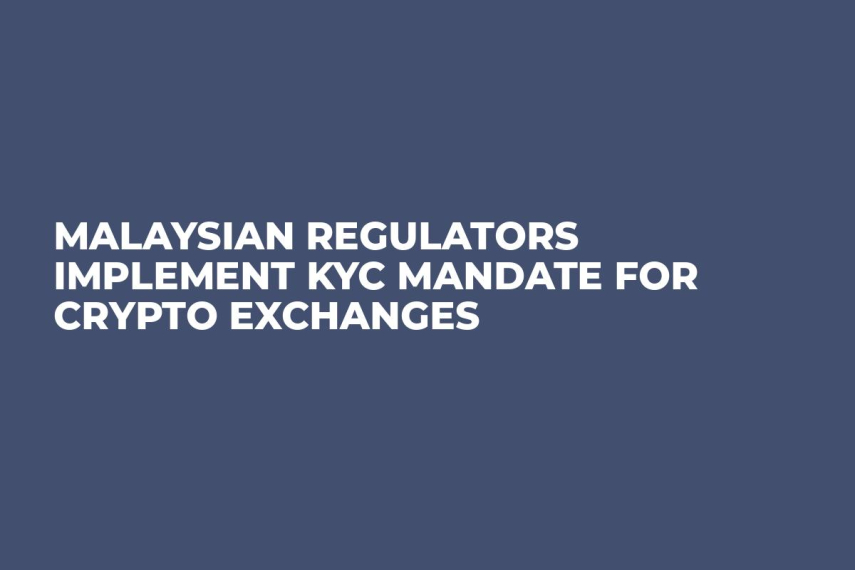
Malaysia has begun its journey to cryptocurrency regulation with new policy guidelines around Anti-Money Laundering and Counter Financing of Terrorism (AML/CFT) coming into effect. These regulations compel Malaysian cryptocurrency exchanges to mandate KYC adherence, including the collection of ID documentation.
Bank Negara Malaysia is initiating the policy with the key objective aimed at stopping the use of cryptocurrencies for terrorism and money laundering.
KYC, or ‘Know Your Customer’ help aid with the transparency of cryptocurrency transactions which are mostly anonymous and hard to tie certain groups or individuals.
Effective transparency
Bank Negara Malaysia’s stated policy objective is to “ensure that effective measures are in place against money laundering and terrorism financing risks associated with the use of digital currencies,” in addition to “increasing the transparency of digital currency activities in Malaysia.”
The new policy guidelines assert that “promoting greater transparency in the use of digital currencies serves to protect the integrity of the financial system and strengthen incentives to prevent their abuse of illegal activities.”
Focus on KYC
Now, in Malaysia, cryptocurrency exchanges are required to implement this KYC procedure which will help authorities and the exchanges when it comes to customer due diligence.
The policy states: “are required to conduct customer due diligence on all customers and the persons conducting the transaction when the reporting institution established business relationship with the customer and when the reporting institutions have any suspicion of money laundering or terrorism financing.”
Exchanges in Malaysia will now have on record the full name, address and date of birth of all customers, in addition to ID documentation. This leads to more open and available information in regards to nefarious actions being taken with cryptocurrencies, and this allows for authorities to investigate should issues arise.
 Dan Burgin
Dan Burgin Vladislav Sopov
Vladislav Sopov U.Today Editorial Team
U.Today Editorial Team